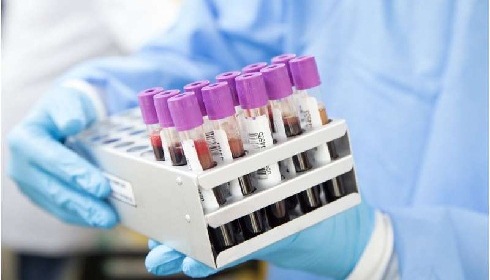
Merck’s coformulation drug MK-7684A fails to meet its trial objective
US pharmaceutical major Merck, known as MSD outside of the United States and Canada, has recently announced that its Phase 2 trial evaluating MK-7684A, a coformulation of vibostolimab, and pembrolizumab with or without docetaxel for the treatment of patients with metastatic non-small cell lung cancer (NSCLC), has not been able to meet the primary objective as the coformulation did not reach statistical significance for the primary endpoint of progression-free survival (PFS) and was numerically less effective compared with docetaxel.
In a recent statement, the company stated that it is telling study investigators that patients in this arm of the research should be moved to the standard of care unless their physician believes the patient will benefit from MK-7684A alone.
Merck, on the other hand, stated that the blinded arms of the research will continue to compare MK-7684A with docetaxel vs docetaxel alone and that the results will be presented at a future medical symposium once additional data from the blinded study arms are available.
“We are grateful to the patients and investigators for their participation in this study evaluating MK-7684A in a heavily pre-treated group of patients and look forward to additional data from the continuation of the blinded arms of KeyVibe-002,” he added.
“Based on responses we have seen in the signal-finding Phase 1/2 program to date, we are moving forward with our comprehensive research program evaluating MK-7684A across a wide range of cancers, including lung, other solid tumours and blood cancers,” Dr Barr informed.
The trial, a non-registrational study, was launched with two key aims in consideration, namely, to compare the efficacy of MK-7684A alone to docetaxel, and to compare the efficacy of adding MK-7684A to docetaxel to docetaxel alone in a blinded evaluation.ReplyReply to allForward |